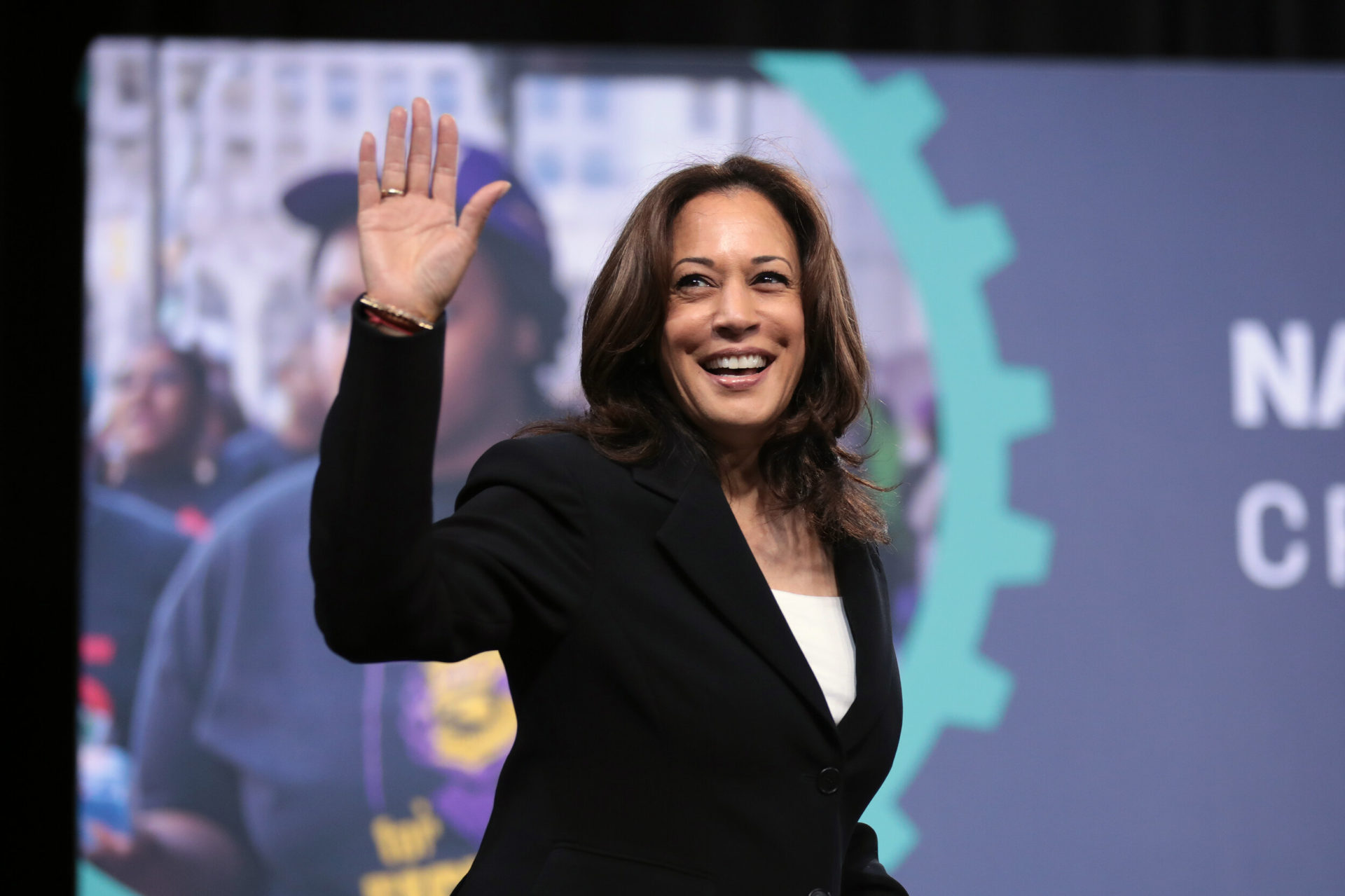
Just as soon as the Biden administration tapped Vice President Kamala Harris as their point person in addressing the growing crisis of the Southwestern border with Mexico, they quickly backtracked. Instead of leading the effort, Harris would be responsible for the “diplomatic efforts” regarding the rise in the number of migrants – many of whom come from the three Northern Triangle countries of Central America.
“The vice president is not doing the border,” that, according to Harris’ spokesperson Symone Sanders, who also added, “You can expect she will be speaking with leaders from the region in the near future.”
Why the sudden change in course for America’s first female vice president? Though just shy of her first three months in office, speculation and finger-pointing are already playing out in the Beltway.
Some believe Harris was uncomfortable in dealing with such a thorny issue right out the gates, so why should the second-in-command take the heat for any perceived mismanagement of the border. I’ve personally had conversations with staff members within the Biden administration who have said that Biden loyalists – a handful already weary of Harris from her primary campaign antics against Biden – pushed the president to walk back such a consequential role for his vice president. After all, nothing shines brighter in the eyes of the American public today than the border crisis, so why give Harris the media’s time and attention…. isn’t that for the Commander-in-Chief?
As the adage goes, the truth often lies somewhere in the middle. With no prior experience in immigration policy, and political pressure coming from all sides, Harris will probably not visit the southwestern border. It is politics gone bad for the simple fact that the Biden administration is kicking the can down the street, failing to address a dire situation that’s only going to become worse. This should not be looked upon as a Democrat vs. Republican issue, rather, a national security nightmare that needs immediate attention.
As for Kamala Harris, it’s early in her tenure as America’s 49th Vice President of the United States. Any number of circumstances could potentially play out, that could significantly alter her role in the Biden administration. Make no mistake, vice presidents serve at the pleasure of the president – meaning they can be wholly insignificant, or notably powerful in their duties.
An office once deemed a political graveyard was resurrected from the dead in 1976 as incoming President Jimmy Carter gave his Vice President, Walter Mondale, a true and meaningful role in the administration. Since then, arguably every vice president has made a lasting impact on their respective administrations. Just how impactful and powerful can Harris be? Will she rise to the likes of Dick Cheney, America’s most powerful vice president to date, or will she be sidelined and relegated to funerals and fundraisers, much like that of Mike Pence?
Only time will tell. In the meantime, perhaps Harris can slightly nudge and remind her boss what he once said when serving under President Barack Obama:
“The way the world has changed, the breadth and the scope of the responsibility an American president has virtually required a vice president to handle serious assignments, just because the president’s plate is so very full.”
______________________________________________________________________________________________________________________

Charles Denyer
Charles Denyer is an Austin-based cybersecurity and national security expert who has worked with hundreds of US and international organizations. He consults with top political and business leaders throughout the world, including former US vice presidents, White House chiefs of staff, secretaries of state, ambassadors, high-ranking intelligence officials and CEOs. He is also an established author, with forthcoming biographies of three of America’s former vice presidents: Dick Cheney, Al Gore and Dan Quayle.
In early 2022, Charles will publish “Blindsided,” an in-depth examination of today’s growing challenges and cyberattacks, data breaches, terrorism and social violence. In 2022 he will also launch the North American Cybersecurity Council (NACC), an industry-first organization aimed at addressing today’s current and emerging information security, cybersecurity, data privacy and regulatory compliance laws and regulations.
______________________________________________________________________________________________________________________






